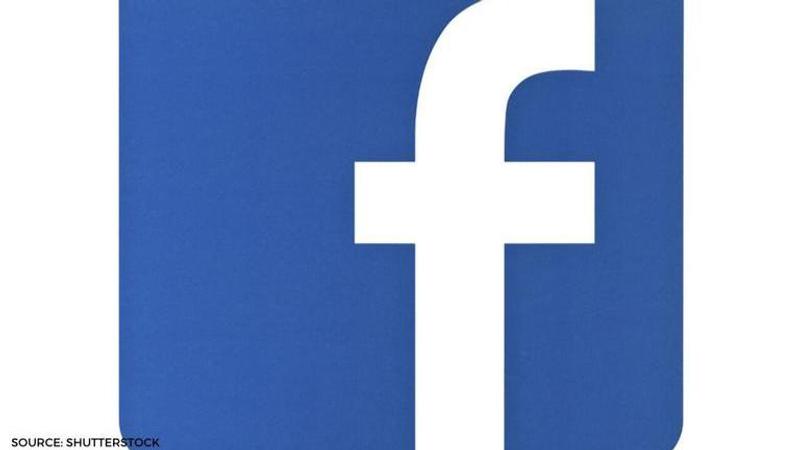Published 17:47 IST, June 29th 2020
What are fact checkers on Facebook? Everything you need to know about fact-checker bots
Are you wondering ‘what are fact-checkers on Facebook?’ Here’s everything you need to know about the fact checker bots on Facebook.

Are you wondering, ‘what are fact-checkers on Facebook?’ Facebook is extremely committed to fighting the spread of fake news on its portal. Hence, the social media website introduced a third-party fact-checking program in 2016 to review and remove fake accounts, promote news literacy and prevent spammers from receiving financial incentives. The fact-checker bots on Facebook work with IFCN-certified fact-checkers around the world. The fact-checking bot on Facebook adopts a three-part approach to address the problem of problematic content on Facebook. Here’s some information about the Facebook three-party approach:
- Remove: This approach removes hate speech, fake accounts and terrorist content from Facebook. This is done when the content violates Facebook’s Community Standards and Ad policies. This is done to ensure safety, authenticity, privacy and dignity.
- Reduce: This approach helps to balance the freedom of speech along with maintaining an authentic environment. When fake-news is identified by the fact-checking partners, its distribution is reduced in the news feed and other such surfaces.
- Inform: This approach applies strong warning labels on fact-checked content. This enables users to view the conclusions of the fact-checking partners. They can then decide whether to read, trust or share the content.
How does Facebook curb the spread of false news?
Identification: At first Facebook tries to identify which news is false. This depends upon the feedback that it receives from people. Further, the application may also identify stories to review on their own.
Review: The third-party fact-checkers then review the content, verify the facts and rate the accuracy. Further, the third-party checker offers the three rating options. They are: False, Partly False and False Headline.
Filtering the fake news: If a piece of content is rated as false, it will appear less in the news feeds. Further, it will also be filtered out from Instagram. This is done to reduce the viewership of the post.
Taking Action: The pages who repeatedly share fake-news might be allowed to share lesser posts thereafter. Further, Facebook may also reduce their ability to monetize and advertise. Further, these pages will no longer be registered as news pages on Facebook.
Posts and ads from politicians:
The feature does not apply to posts and ads from politicians. If a politician shares his claims on Facebook it is considered direct speech and is hence ineligible for the third-party fact-checking program. Facebook excludes the following people through its fact-checking bot: candidates running for office, current officeholders, cabinet appointees, political parties, and their leaders.
Should I block fact-checker bots on Facebook?
Recently a false Facebook post said that Facebook was deploying "bots" disguised as fact-checkers to block posts. Hence, the post urged users to block fact-checker on Facebook. This news is completely false.
Source: Shutterstock
The Fact checker tool introduced by Facebook has been well-received by several users. This feature is a huge attempt on the part of Mark Zuckerberg to prevent the spread of fake news. Further, these fact-checkers are non-partisan fact-checking networks that help to identify and review false news.
Promo Image Source: Shutterstock
Updated 17:47 IST, June 29th 2020




